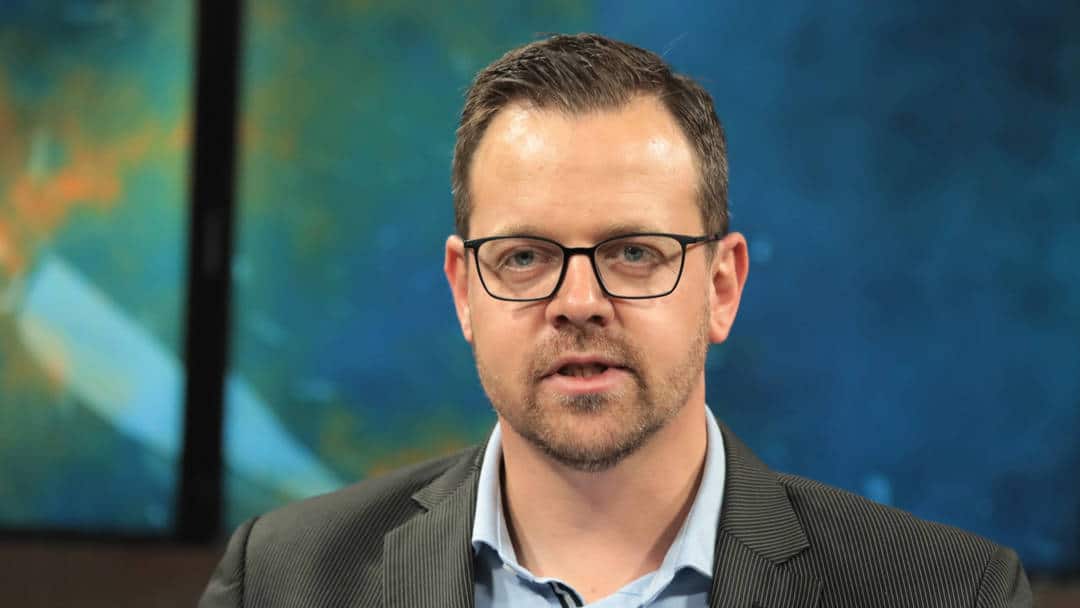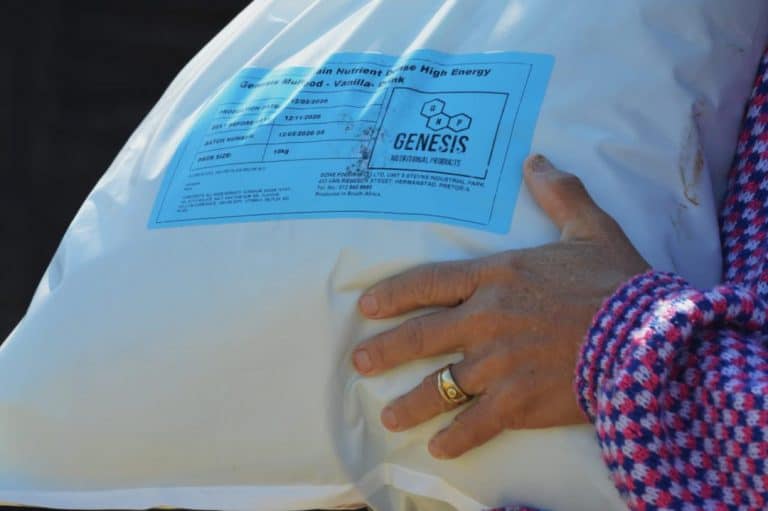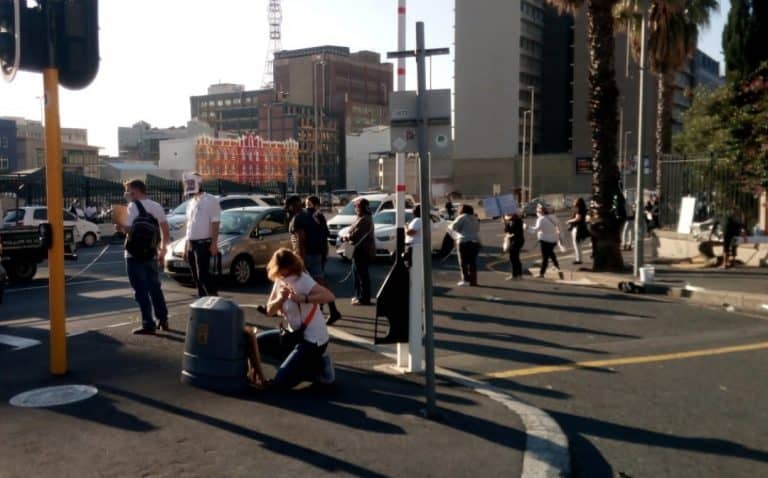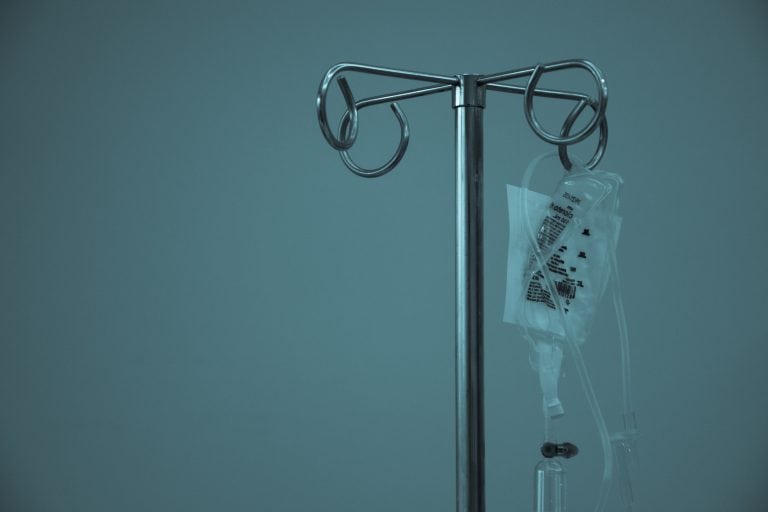COVID-19 should be combatted more responsibly – Ernst Roets
In one of his dialogues, Plato describes a discussion between Socrates and the professional rhapsode Ion. Ion had just won a reciting competition and his ego was much inflated. He specialised in reciting the poems of Homer and argued that he knew Homer far better than any person alive. Ion based his argument on the fact that, due to his studies of Homer, he possessed the same knowledge and skills as Homer. He also argued that his ability to recite paragraphs on military affairs made him a competent military general. Socrates reacted to this by posing a series of critical questions to Ion. In the end, Ion had to admit that his ability to recite Homer did not mean that he possessed Homer’s knowledge.
This classic story reminds us of the more modern concept that is today known as the Dunning-Kruger effect. This effect describes what more or less happens when someone who has acquired basic knowledge of a certain subject then talks with great self-confidence about this topic, completely unaware of their own lack of knowledge.
This brings me to COVID-19 and the reaction on this pandemic. It is a topic on everyone’s lips and people are obstinately searching for information. Just like Ion of old, it seems that people with no professional knowledge of or training on the topic now suddenly profess to be experts.
The problem is that the crisis is multidimensional, whereas most people – including many government leaders – view it as unidimensional. For example, to have a fairly informed opinion om COVID-19 is not sufficient to propose measures on what should be done to combat the virus. Solutions should also show insight for the effects these may have on other areas – including the economy, community safety, education and civil rights.
The same goes for people who loudly raise their opinions on social media – especially when they support the extension of the lockdown and the regulations accompanying it. In this regard, there is something else that one should not lose sight of: The ruling party’s ideology and strategic aims.
The ANC makes no secret of its aim to execute a national democratic revolution. To achieve this, the ANC says, it plans to gain more control of the levers of power – as they call it – to put South Africa on the road to socialism. The ANC is instinctively in favour of more power for the government and less freedom for its citizens. The greater risk here is therefore government’s temptation – when the crisis has passed – to divest itself only in part of the powers that it has vested in itself during the crisis.
It is insensible to intercede drastically in an effort to limit the virus if one does not account for the results that these measures may have in other areas. In this regard, economists point to the drastic implication that the lockdown will have on the economy. Dawie Roodt argues that economic decline means that people can no longer put food on the table and that poverty may lead to more deaths. He calculates that as many as 300 000 people may die as a result of economic decline in South Africa.
It is much easier to talk about deaths as a result of the coronavirus than deaths as a result of economic decline. People view the virus as a reality, whereas the economic impact is viewed as something abstract.
A survey undertaken by sme.africa and Sasfin before the lockdown among a few thousand small and medium-sized businesses found that by 62% of business owners are very concerned about the survival of their businesses. As a matter of fact, 4% have already closed their businesses. 53% will shortly have to dismiss employees (7% have already done so).
The same goes for safety institutions. One of the greatest absurdities of the current lockdown is that people are not allowed to take care of their own safety through organised neighbourhood watches. AfriForum is currently discussing this issue with the Minister of Police, however.
We should therefore not make the mistake of accepting – like Ion of old – that someone who has listened to either a medical doctor, or an economist, or a lawyer has an informed opinion and can therefore propose a responsible solution. This also applies to ordinary people, but much more so to government. In times like these we should be more critical of government’s actions. This applies so much more when a government is in the process of centralising power in itself in a far-reaching manner – while for decades saying in its policy documents that its main aim is indeed to achieve this.
Ernst Roets
Ernst is Head of Policy and Action at AfriForum
Follow Ernst on Twitter at @ErnstRoets









